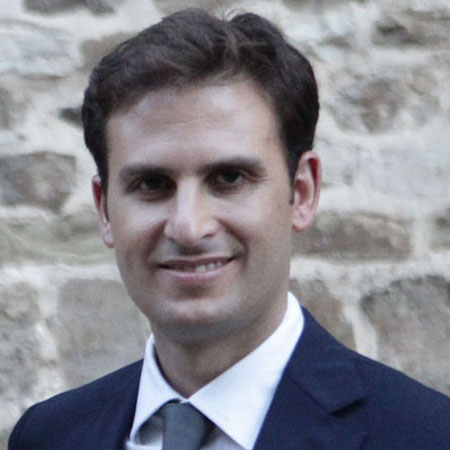Hard-Core Computing To Drive Microbiome-based R&D
Executive Summary
Israel’s RondinX is analyzing the microbiome with specific algorithms in order to develop new therapeutic approaches to disease.
Microbiome research is generating huge amounts of data on the presence and proliferation of microbes in the gastrointestinal tract and elsewhere in the body, and the desire to apply this data to the discovery of medicines is shaping a new drug development process, driven as much by mathematics and computational analytical techniques as the use of more conventional methods.
The past four weeks have already seen Microbiotica Ltd., a new UK company spun out of the Wellcome Trust Sanger Institute, wanting to exploit the massive amounts of data that it holds on gut microbes (Also see "Microbiotica: Wellcome Spin-Out Exploits Unique Microbe Collection" - Scrip, 4 Jan, 2017.), and the big pharma company, Allergan PLC licensing worldwide rights to Assembly Biosciences Inc.’s microbiome GI development programs (Also see "Deal Watch: J.P. Morgan Brings Continued Brisk Pace Of Transactions" - Scrip, 12 Jan, 2017.).
One of the sector’s leaders, Rebiotix Inc., reported at the beginning of 2017 that it had a second therapeutic in clinical studies, RBX7455, a lyophilized non-frozen oral capsule containing a broad spectrum of microbes, that has entered Phase I for the prevention of recurrent Clostridium difficile infection. Switzerland-headquartered Ferring Pharmaceuticals AS has linked up with Intralytix Inc. to develop bacteriophage-based treatments for a range of diseases.
RondinX And Data Analytics
But a relatively new biotech company already making progress in building a “big data” analytics approach to advancing promising approaches into clinical trials is the Tel Aviv, Israel-based company, RondinX. The company was spun out of the Weizmann Institute of Science in 2016, and is based on work taking place in the laboratories of two Weizmann professors, Eran Segal and Eran Elinav, who are co-founders of the company, along with chairman, Rafi Gidron.
RondinX co-founder and CEO, Guy Harmelin, believes a lead product from the company could enter the clinic in the next two years, backed possibly by a Series A financing. “RondinX is not a service provider, it is looking at the intersection between ‘hard-core’ computational analysis and ‘hard-core’ biology,” Harmelin told Scrip. Seed funding for the enterprise has been provided by the Elevator Fund and 8VC.
RondinX intends to build out its drug development capability, possibly in the autoimmune, immuno-oncology, or orphan drug spaces, although Harmelin wouldn’t elaborate further on the nature of the therapeutic (live bacteria or small molecule), or clinical indication.
Harmelin doesn’t see right now any direct competitors to RondinX’s deeply mathematical approach, and also believes there are benefits from being based in Tel Aviv. “There is a huge pocket of talent in Israel involving machine learning and artificial intelligence. We are building out a core team of mathematicians and data scientists, leveraging all the analytics out there, and our own set of algorithms,” he explained. Having said that, he is thinking about also developing a US operation, on the East Coast.
The Israeli company intends to take the raw DNA data from microbiome samples to find drivers of disease, through comparing the microbiomes of healthy and diseased individuals and the use of the computing power of the “cloud”. The company is able to use an algorithm developed at the Weizmann that predicts which species and types of bacteria are in a growth phase, in diseased and healthy individuals, and will possibly dominant the microbiome, and which bacteria are just bystanders, from single metagenomics samples. The PTR (peak-to-trough) family of algorithms has been exclusively licensed from Yeda Research & Development Co. Ltd., the commercial arm of the Weizmann Institute.
This algorithm can measure the effect of therapeutic interventions in a way that has been missing from the work of other microbiome companies, Harmelin believes. The failure of microbiome-based therapies in the past has been an issue because researchers don’t know why an intervention didn’t work, whether it was efficacy, the mechanism of action, the method of introduction or the preparation of the patient.
“But the real promise of microbiome-based research is finding small molecules or bioactives that act on the communication between host and microbiome, that’s what we are drilling down towards,” Harmelin commented.

